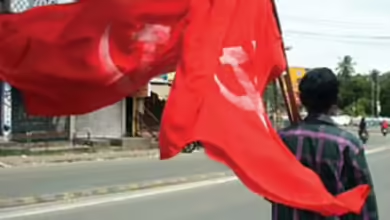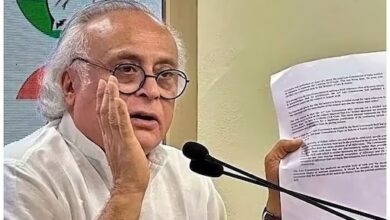“Doubting the approver process is akin to defaming the judiciary.”
NEW DELHI: The Delhi High Court sharply rebuked Chief Minister Arvind Kejriwal on Tuesday for his effort to suppress accused-turned-approvers who had implicated him in the tax policy case.

Justice Swarana Kanta Sharma stated that to “doubt and cast aspersions on the manner of granting pardon or recording the statement of the approver amounts to casting aspersions on the judicial process since granting pardon or recording the statement of the approver is not the domain of the investigating agency.”.
“A judicial officer follows the provisions of Section 164 of the CrPC for recording the statement of an approver and also for granting or not granting pardon to such approver,” the court said in more detail. It said that to assert that the pardon and statement of approvers in this instance were given at the request of ED, “we will be questioning the judicial process, which is governed by the law and not by any government or investigating agency,” without contesting the procedure.
The ruling noted that the statute pertaining to approvers was over a century old, having been codified as Section 306 of the more recent Criminal Procedure Code of 1973 and Section 337 of the Code of Criminal Procedure of 1898. The court declared that the current petitioner and the other accused parties were not wrongfully implicated in this specific case by a statute that was passed a year ago.
The chief minister’s legal team, headed by senior lawyer Abhishek Manu Singhvi, had pointed out time and time again that Kejriwal had been mentioned in their statements about the case only after an approver in the money laundering case had donated large sums of money to the BJP through electoral bonds and another had been rewarded with an election nomination.
The court held that it was “not the concern of this court, as this court is required to apply the law and the evidence before it as it is and in the context in which it has been placed before it” about who distributed election tickets to whom or why someone bought electoral bonds.
It went on to say that “it cannot be a ground to disregard their statements completely merely because the approver chose to reveal some new facts at a later stage,” including Kejriwal’s involvement.
It said that Kejriwal might “cross-examine him as to why he had chosen to give a statement against the present petitioner after initially giving statements in which he had not implicated him” during the trial phase, inquiring about Raghav Magunta and Sarath Reddy. The high court also said that “this court cannot step into the shoes of the trial court and conduct a mini-trial” and that the trial court should handle any evidence that arises from such cross-examination.







